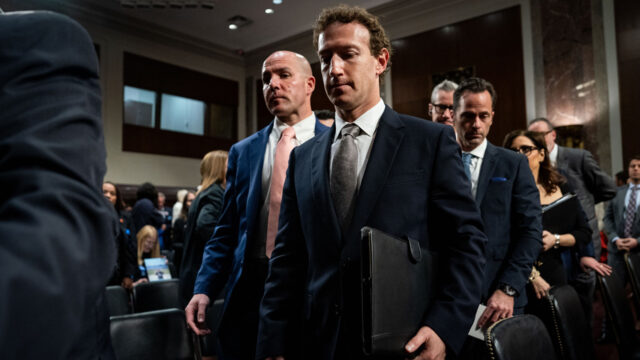Meta unveiled a game-changing plan this week. The tech giant aims to fill social feeds with AI-generated bots. Mark Zuckerberg champions this push toward synthetic engagement. He promises more personalized interactions for every user. Critics call this a direct challenge to authenticity and privacy. Observers see potential chaos in comment sections and chat groups. Industry insiders warn that human voices may drown under algorithmic chatter. Tech enthusiasts still hail Meta’s bold ambition.
Zuckerberg frames his vision as a step toward a friendlier internet. He emphasizes convenience and immediate assistance from advanced AI chatbots. Meta’s AI units can respond to everyday questions and specialized inquiries. Engineers say these bots learn swiftly from user feedback. Developers design them to adapt to local trends and personal preferences. Analysts predict rapid growth for these digital agents. Startups already see lucrative partnership opportunities with Meta’s open platforms.
Skeptics fear a dystopian landscape filled with artificially programmed responses. Critics argue that AI bots cannot replicate genuine human warmth. Privacy advocates raise alarms about data collection. They claim that Meta could fine-tune these bots with massive user information. Lawmakers call for stricter oversight of AI’s integration. Regulators demand transparent guidelines on data usage. Civil rights groups demand disclosures on algorithmic decision-making. They insist that Meta must remain accountable for AI-driven content.
Worries about manipulative or misleading information
Social media users voice mixed reactions. Some anticipate entertaining conversations with advanced AI entities. Others worry about manipulative or misleading information. Influencers debate how AI bots may disrupt organic engagement. Brands scramble to stay relevant in a sea of automated commentary. Advertisers sense new revenue streams from targeted chatbot promotions. Content creators question whether AI floods will lessen human creativity. Community moderators brace for unprecedented challenges.
Meta leaders promise robust safeguards and user-centric features. Zuckerberg cites rigorous testing processes to prevent harmful bots. Researchers evaluate potential biases lurking in their training data. Engineers run simulations to curb the spread of misinformation. Corporate spokespeople assure the public that humans stay in control. They highlight kill switches and manual overrides. Transparency reports will detail each bot’s purpose. Tech experts caution that untested AI expansions can produce messy outcomes.
Meta competitors plan similar releases of AI chatbots armies
Meanwhile, competitors watch Meta’s foray into AI-driven social platforms. Some plan similar releases of chatbot armies. Others focus on smaller-scale projects with tighter oversight. Analysts believe that Meta’s move will define the next phase of online interaction. Venture capitalists pour funds into AI development firms. Startups hope to cash in on brand-new opportunities. Cybersecurity experts remain vigilant about potential vulnerabilities. They note that malicious actors love exploiting new technologies.
Users expect big changes in their digital routines. Millions wonder if real human voices might fade. Some see a future filled with smooth, instant replies from ever-present chatbots. Others want to protect genuine human connections at all costs. Debate continues over whether AI bots improve or diminish online life. Lawmakers hold urgent hearings to balance innovation with user protection. Public opinion polls reveal deep divisions on AI’s expanding role. Technology watchers anticipate more radical shifts in the coming months.
Industry observers foresee a massive test of Meta’s influence. They note that previous experiments with AI chatbots sparked controversy. This time, Meta plans a global deployment across its biggest platforms. That effort may redefine what social media means for billions. Many believe that a new era of machine-led communication looms. Marketing departments scramble to adapt content to automated feedback loops. Social scientists worry about echo chambers formed by AI-curated responses. These bots represent an unprecedented step into synthetic conversation.
Users can only wait and see how Meta’s AI chatbots wave evolves. The future of social interaction may include a chorus of digital voices. Each bot claims unique perspectives drawn from data at blazing speeds. Critics warn about technology that outpaces policy and ethics. Meta insists that innovation requires boldness and thorough safeguards. Only time will reveal whether AI-driven networks lift our online experiences. One certainty remains: technology’s relentless march forward rarely halts for skeptics.














